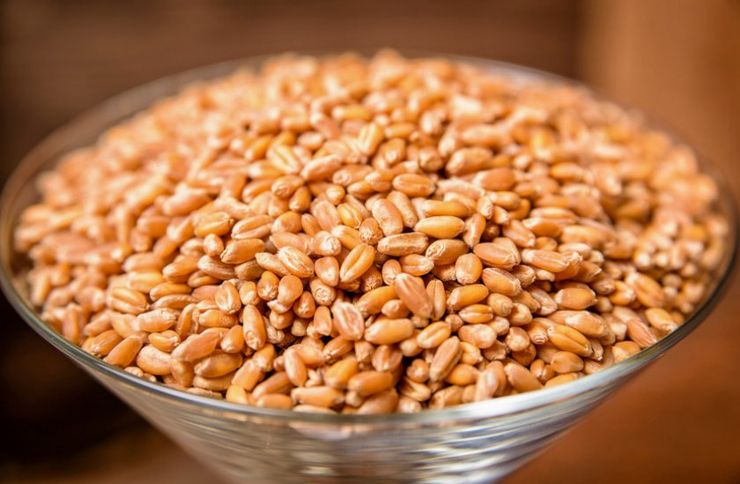Nigeria spends N970.22 billion on wheat import in 12months – NBS

Nigeria spent around N970.22 billion on wheat imports in the last 12 months according to data obtained from the National Bureau of Statistics (NBS) foreign trade report of the last four quarters.
Although the figure from October 2022 to September 2023 falls short of what was recorded between the fourth quarter of 2021 and the third quarter of 2022.
In the last twelve months between October 2021 and September 2022, Nigeria imported durum wheat worth N1.15 trillion. This figure is N180.77 billion higher than what was recorded in the last 12 months, representing a decline of 15.71% in wheat imports.
Nigeria’s wheat import in the third quarter of 2023 is the highest in the last four quarters amounting to N331.76 billion.
In the first nine months of this year, wheat imports into the country stood at N783.26 billion. When compared with the figure for the same period of 2022, there was an increase of N28.66 billion from the NN753.60 billion recorded.
Nigeria imports its durum wheat from countries like Latvia, Canada, Lithuania, the United States, Poland and Argentina.
Wheat is the third most consumed grain in Nigeria after rice and corn. The United States Foreign Agricultural Service projects the country’s wheat consumption to reach 6.06 million tonnes.
Wheat is mainly cultivated in Northern Nigeria in around 13 states. Data from the Ministry of Agriculture puts the production volume of wheat at 420,000 metric tonnes far below the annual consumption of around 6.5 metric tonnes.
Kano state is the largest producer of wheat in Nigeria according to a study from the National Bureau of Statistics with more land area cultivated than any other state.
The current Minister of Agriculture, Abubakar Kyari has stated that wheat imports will end in the next four or five years as the federal government.
He stated that policies such as a 50% subsidy to wheat farmers for dry season agriculture and the over 40,000 hectares of land being cultivated in Jigawa state and continuous policies from the current administration will bring the target to fruition.
Wheat flour is one of the major materials used in the production of bread, pasta, noodles and other Nigerian staples.
For example, the price of bread has increased by 52.69% in the past year according to the food survey report by the National Bureau of Statistics.
The devaluation of the naira in June is partially responsible for the increase in bread prices as wheat constitutes around 54% of the cost of producing bread.
Read also
Wheat in Southern Brazil Impacted by Dry Weather and Frosts
Oilseed Industry. Leaders and Strategies in the Times of a Great Change
Black Sea & Danube Region: Oilseed and Vegoil Markets Within Ongoing Transfor...
Serbia. The drought will cause extremely high losses for farmers this year
2023/24 Safrinha Corn in Brazil 91% Harvested
Write to us
Our manager will contact you soon



